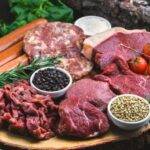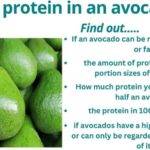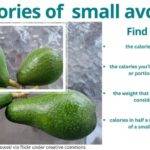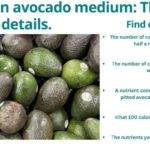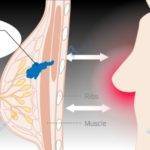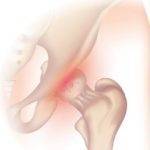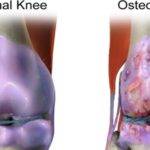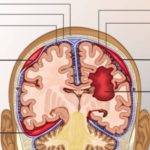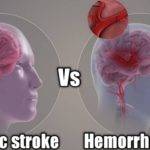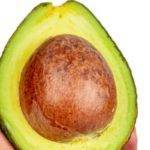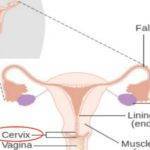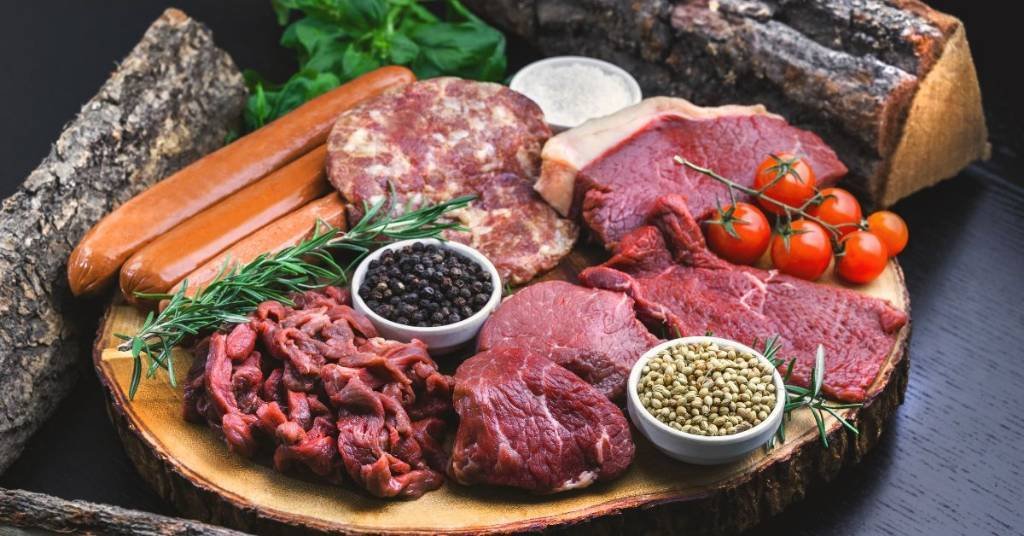
Table of Contents
Sources have stated your body can only absorb 20 – 30g of protein per meal but there is no limit to the amount of protein your body can absorb. Whereas there is a limit to how much protein your body can utilize for muscle protein synthesis, the actual intestinal absorption of the nutrient may be limitless.
The confusion on how much protein the body can absorb may come from an inability to differentiate protein utilization from absorption. Whereas absorption speaks of the intake of nutrients from digested food in the small intestine into the bloodstream, utilization refers to the physiological processes the nutrients undergo in the body for the synthesis of muscle protein, hormones, antibodies, and provision of energy after absorption according to the Journal of Gastroenterology.1
However, there may be a limitation in the absorption of individual amino acids in the intestinal wall due to a potential for competition between these molecules. There is evidence that amino acids found in greater concentrations are readily absorbed at the expense of the ones in lower concentrations as contained in the Journal of the International Society of Sports Nutrition.2
Ingestion of macronutrients along with proteins delays digestion and absorption. By so doing these macronutrients may increase the utilization of amino acids for muscle protein synthesis, and reduce the amount oxidized for energy and transaminated to form urea for excretion.
The body can only absorb 30 grams of protein myth.
This is a long-held myth that originates from the inability to tell the difference between protein absorption and utilization as described earlier. In reality, the body may only utilize 30 grams of protein per meal but can absorb a near-limitless amount of the nutrient.
There is a dynamic balance between the amount of the absorbed proteins the body can use for muscle protein synthesis and the portion that gets broken down to be stored as fat or excreted. The more protein you consume above the limit the body can use for muscle protein synthesis at a given time, the more the portion your body has to break down for storage and excretion.
For best results, if muscle building is your goal, it is better to evenly distribute your protein intake throughout your day rather than eat so much in just one meal. This will increase the ratio of the absorbed amino acids that go into muscle protein synthesis against the ratio that undergoes catabolism with one part converted to urea for excretion while the other part is converted into fat for storage.
I have stated earlier these proteins are absorbed in the small intestine. The absorption takes place via the enterocytes which are a group of intestinal absorptive cells otherwise called columnar epithelial cells that line intestinal walls. However, the small intestine is not the only site for protein absorption.
It may interest you to know that a 3rd (30%) of absorbed proteins happen in the colon. The enterocytes are also present there. The proteins absorbed there are called endogenous proteins that come from the gastric, pancreatic, and intestinal secretions according to the Proceedings of the Nutrition Society (PNS).3
Nonetheless, the proteins we are concerned with here are dietary proteins which are also called exogenous proteins. These make up about 60% of all absorbed proteins and are mostly absorbed in the upper or proximal parts of the small intestine also called the Jejunum. The rest of these dietary proteins are absorbed in the ileum.
How fast does your body absorb proteins?
How fast your body absorbs proteins depends on the interaction of several factors. These include:
- The type of protein,
- Type of meal consumed,
- Your age,
- Existence of conditions that influence digestion rate,
- The presence and type of other macronutrients.
- Your metabolic rate, etc.
While a single serving of whey protein isolate (WPI) can be absorbed in just an hour(at an absorption rate of 20g per hour), one serving of Casein can take up to 7 hours to absorb at the rate of about 3g per hour.
The whey protein concentrate (WPC) has only half the absorption rate of WPI (whey protein isolate). A serving of WPC is absorbed within 2 hours at 10g per hour.
Cooked eggs are absorbed 3 times faster than raw eggs. While it takes 7 hours to absorb a cooked egg at an absorption rate of 3g per hour, it takes up to 20 whole hours to absorb a raw one. Raw eggs have one of the lowest rates of absorption.
The slow digestion and absorption rates of casein and proteins obtained from eggs make them ideal choices for muscle protein synthesis. This is because more portion of these types of protein can be utilized for muscle protein synthesis than get broken down into urea and fat.
Endeavor to keep in touch with us by signing up for our newsletter:
How much protein can your body absorb at one time?
Some factors that determine or influence the absorption rates of amino acids are listed above. These same factors determine how much protein your body can absorb within any period.
Per day.
Your body will normally absorb all the protein you eat in a day though the absorption rate will differ according to the type of protein, the presence of other nutrients, and your age. If your aim is for muscle building, you may want to eat an amount of protein that lies in the range of what your body can utilize in a meal.
Since your body can utilize 20 – 30g of protein per meal, eating an amount greater than this in a meal will not increase the amount that can be utilized. Part of the excess protein is converted into energy or stored as fat while the rest is converted to urea for excretion.
For maximum utilization, it is recommended you take about 20g over 3 to 4 meals rather than take a lot more in a single meal. For instance, 20g of protein taken in three meals a day amounts to 60g of absorbed protein for that day.
Take enough protein that more than meets your minimum recommended daily allowance even if it amounts to taking protein shakes to make up for a protein-deficient diet.
Per hour.
The amount of protein your body can absorb at a given hour largely depends on the type of protein involved. Different types of protein are absorbed at different rates as highlighted earlier in this article. The hourly absorption rate also depends on the presence or absence of other macronutrients.
Below is the amount of 5 different types or sources of protein your body can absorb in an hour from the highest to the least.
- WPI (Whey protein isolate): 20g per hour.
- Fish: 7g per hour.
- Tofu: 4g per hour.
- Milk from cows: 3.5g per hour.
- Casein: 3g per hour.
There is also WPC which is another type of whey protein with a significantly lower absorption rate than the WPI type. Whey proteins are better suited for when you are in urgent need of nutrients and energy like around your workout times.
Per meal.
We have seen from earlier sections that the amount of proteins your body can absorb is limitless.4 Taking this further, the amount of protein your body can absorb per meal will depend on how much protein is contained in that meal.
If for instance, you consume a meal with 40g of protein, your body will absorb all that protein over time in a ratio that corresponds to the concentration of each type of protein. You will expect all the whey protein isolate to be absorbed in less than 2 hours.
In as much as your body’s protein absorption is virtually limitless, You will want to limit your intake to what your body or liver can handle so you don’t end up with protein toxicity and the accompanying complications.
How long does it take to absorb protein from eggs?
Proteins from eggs have one of the slowest absorption rates with raw eggs being almost the least. Your body can only absorb 1g of proteins from raw eggs in an hour. It can take about one full day for your body to absorb enough proteins from ingested raw eggs which equals the maximum it can utilize in one meal for optimal muscle protein synthesis.
In the presence of macronutrients, the absorption time is expected to be considerably longer. When cooked, proteins from eggs are absorbed 3 times faster than when raw which by calculation means they are absorbed at the rate of 3g per hour.
So that is it on this topic. I will be looking forward to more questions. If this piece was helpful please share it. You may want to know if proteins are best to be taken before or after workouts for maximum benefits, meanwhile, see you on the next topic.
References.
- Chung, Y. C., Kim, Y. S., Shadchehr, A., Garrido, A., Macgregor, I. L., & Sleisenger, M. H. (1979). Protein digestion and absorption in human small intestine. Gastroenterology, 76(6), 1415-1421. https://doi.org/10.1016/0016-5085(79)90410-4 ↩︎
- Schoenfeld, B. J., & Aragon, A. A. (2018). How much protein can the body use in a single meal for muscle-building? Implications for daily protein distribution. Journal of the International Society of Sports Nutrition, 15. https://doi.org/10.1186/s12970-018-0215-1 ↩︎
- Silk DBA, Grimble GK, Rees RG. Protein digestion and amino acid and peptide absorption. Proceedings of the Nutrition Society. 1985;44(1):63-72. doi:10.1079/PNS19850011 ↩︎
- Schoenfeld, B. J., & Aragon, A. A. (2018). How much protein can the body use in a single meal for muscle-building? Implications for daily protein distribution. Journal of the International Society of Sports Nutrition, 15. https://doi.org/10.1186/s12970-018-0215-1 ↩︎















